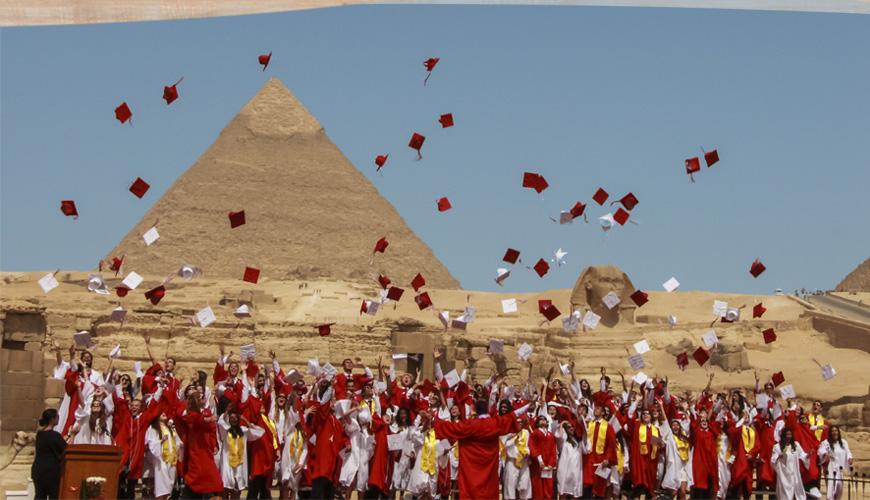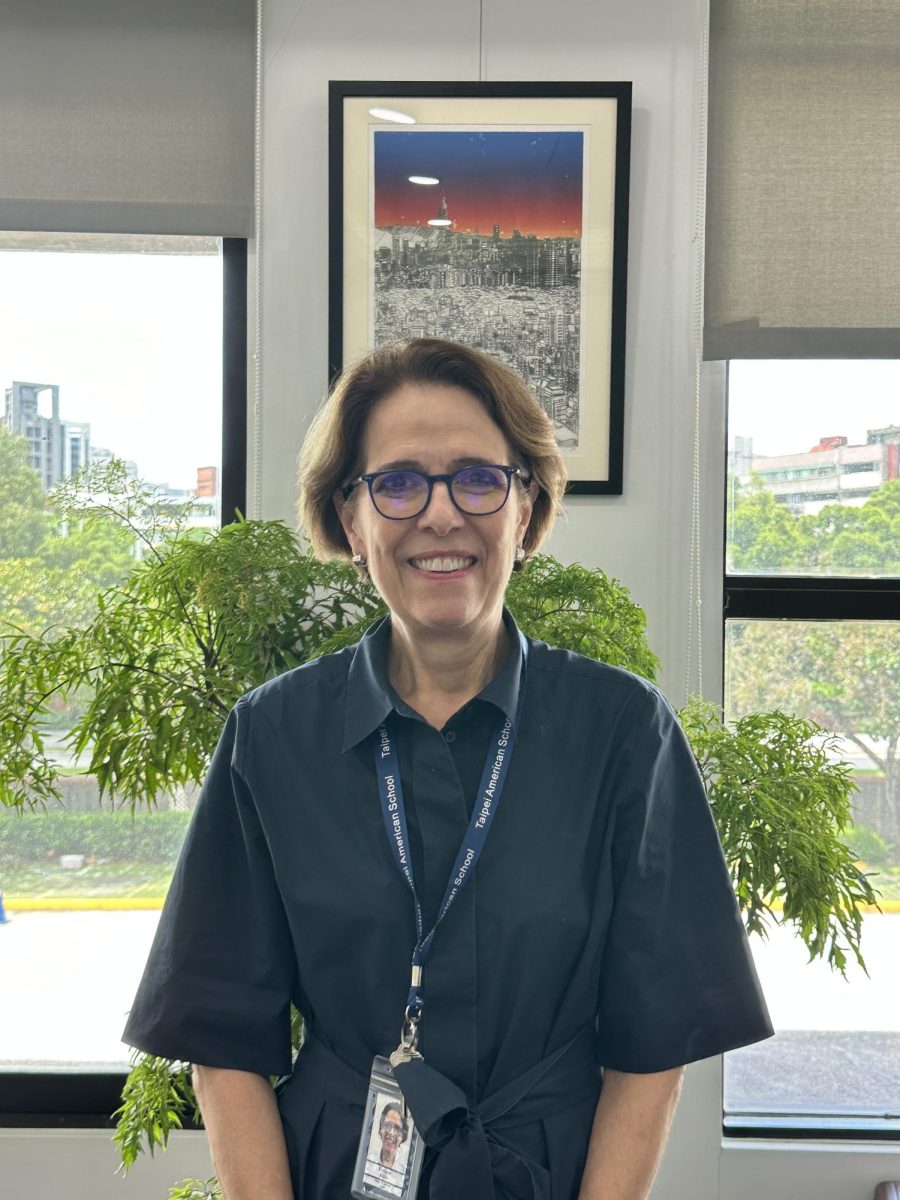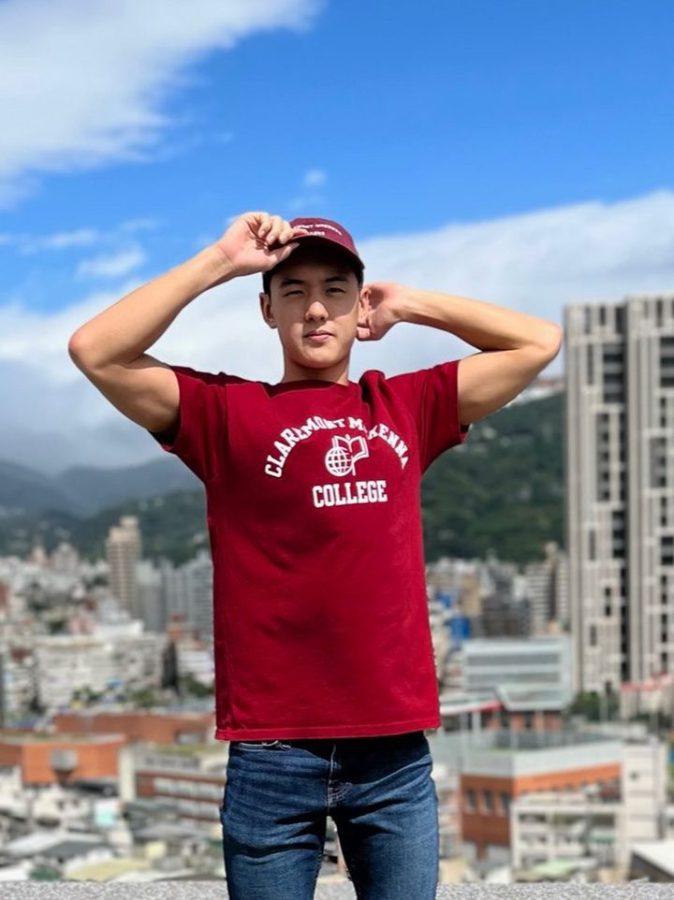
Think Egypt and what comes to mind? Violent protests. Police riots. Martial law. Today, it is probably the last place you’d want to visit for your summer vacation. According to Mr Youssif, “Egypt’s future remains uncertain.” But for some TAS teachers, Egypt has a very different meaning.
A number of TAS teachers once taught at Cairo American College (CAC), the most famous international school in Cairo. One of our new teachers, Mr Youssif, a lower school art teacher, was even a student there.
Decades ago, anti-government protests and police riots were still as violent as they are today. There were concerns about political instability and bomb threats, but because security measures are high and there was little crime in Cairo, there was little to be afraid about. As Mr Youssif remembers, streets in Cairo remain relatively safe.
To the teachers, life in and out of CAC was of dangerous excitement.
In the 1980s, CAC was “the only show in town,” according to Mr Soja, Upper School History teacher. Now, students and professors come from over sixty-two different nationalities all across the globe, and school activities range from fine arts festivals to the famed international Screaming Eagle track meet, where students from all around the Mediterranean and Americas competed. As for seniors, there was the thrill of graduating in front of the pyramids and receiving diplomas made from papyrus.
On the weekends, Mr Soja and other CAC teachers would go horseback riding at sunrise and sunset, take Felucca (big traditional boats) rides on the Nile River, and barbecue in the desert where the sand comes in a myriad of colors. The scorpions, sandstorms, and bandits did little to discourage them.
As for Mr Sloan, life in Egypt meant biking down the Nile and sitting atop a pyramid to enjoy lunch. Oftentimes, he would dig around for precious artifacts, but always remember to re-bury found artifacts so as not to arouse the “curse of the mummies”. Sometimes, he would also explore the passageways in the pyramids hoping to see King Tut and sarcophaguses (funeral receptacles for corpses) and to admire the sphinxes that stand protecting the long-dead pharaohs. “The pyramids are the greatest human endeavor ever achieved,” says Mr Soja. “They still amaze me.”
Mr Sloan, our IT co-ordinator, remembers another darker side to Cairo: Garbage City and the City of the Dead. “It is where many poor kids live and work,” he explains. “They would rummage through the garbage brought from households to find something to eat.”
As for Mr McDonald, an Upper School English teacher, he could never forget one miraculous escape while scuba diving in the Red Sea. He and his friends were chased by Saudi Arabian Coast guards who alleged that they had trespassed onto their waters and later opened fire. “It was fun!” says Mr McDonald.


![Members of Flourishing Love arrange bouquets together. [PHOTO COURTESY OF FLOURISHING LOVE]](https://blueandgoldonline.org/wp-content/uploads/2023/12/fl-1200x900.jpeg)
![Members of Formosa Charity reconstruct an old home. [PHOTO COURTESY OF CHAEWON B. (25)]](https://blueandgoldonline.org/wp-content/uploads/2023/12/bwb.jpeg)


![Catrina was waitlisted at Caltech but
intends to pursue Computer Engineering
at the University of Washington. [PHOTOS
COURTESY OF CATRINA Y.]](https://blueandgoldonline.org/wp-content/uploads/2023/05/Copy-of-IMG_4544-900x602.jpg)
![Honors Film 3 and 4 students set up the camera and microphone to get ready for an interview. [PHOTO COURTESY OF TAS FILM]](https://blueandgoldonline.org/wp-content/uploads/2023/05/DSC09834-900x507.jpg)